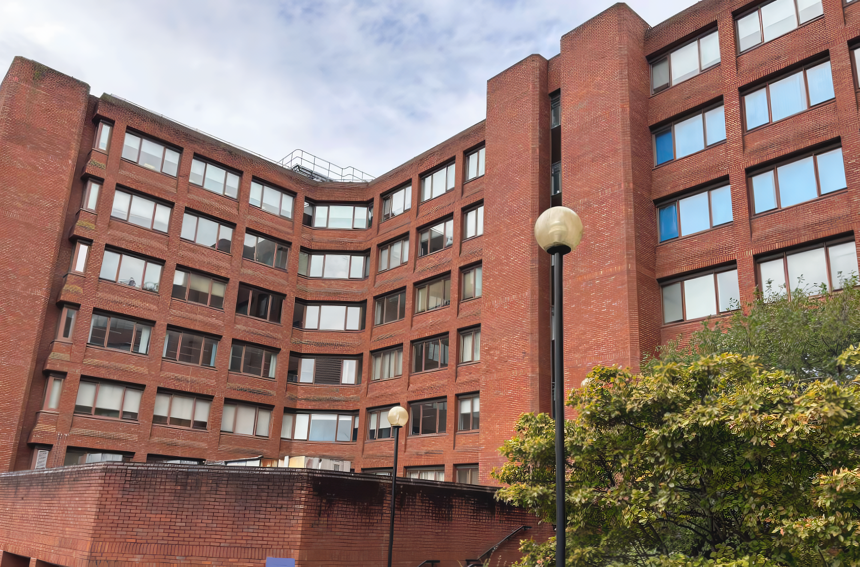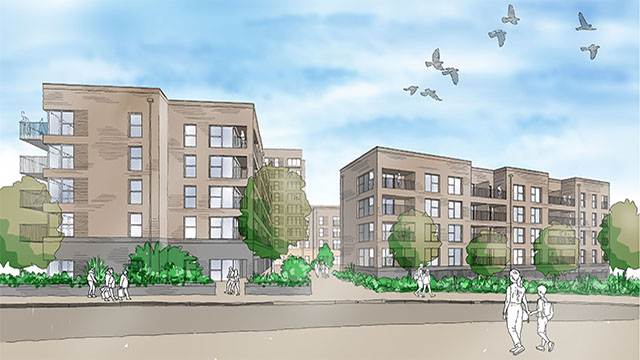In April 2023, Michael Gove, secretary of state for levelling up, housing and communities, wrote to 10 local planning authorities with a warning. These authorities had missed their target of making 70% of all planning decisions within the required time frames. Hinckley and Bosworth Borough Council only met the determination deadline in 46.5% of cases between October 2020 and September 2022. Seriously concerned about the delay to development, Gove threatened to put these authorities into “special measures” unless their planning performance targets were met by June 2023.
Not so special
No local planning authority wants to receive this designation. Once placed in special measures, major planning applications can be made directly to the Planning Inspectorate and any decision on those applications can then only be quashed by applying to the High Court.
The local authority loses its planning determination powers and, in addition to the shame of designation, the local democracy of the planning system is lost as decisions are then made at a national level.
The power to designate special measures was introduced in 2013 and applies when the secretary of state considers that a local planning authority is not adequately performing its function of determining applications.
It was used three times in the first couple of years of becoming law. It then seemingly lay forgotten until February 2022, when Uttlesford District Council became the fourth authority to be placed in special measures (where it remains).
Experience in Uttlesford
Uttlesford was blacklisted for the quality of its decision-making, rather than the delay in making decisions. Some 17.57% of its planning decisions were subsequently overturned at appeal between 2019 and 2021 (the national threshold is 10%).
Since being placed in special measures, 12 planning applications in Uttlesford have been made directly to the Planning Inspectorate. Developers will be pleased to hear that a large majority of these applications have been approved, including planning permission for a housing development and two solar farms. Three of these applications have been refused and all have been determined in the required timeframes.
Where do we go from here?
The authorities’ (notably short) period for improvement has now ended. It remains to be seen whether Gove will follow through on his threat, particularly for an authority such as Cotswold Borough Council, which fell just 0.4% short of the national target. The recent dip in planning applications in many authorities may have helped.
The Planning Inspectorate was asked to “prepare for designations” this summer, suggesting Gove would be prepared to go through with his threatened course of action if improvements are not made.
A threat to democracy?
The experience in Uttlesford suggests developers in the affected areas will welcome a special measures designation as it could lead to faster and more favourable decisions.
However, while measures that speed up the planning system and encourage good performance by planning authorities should be applauded, we must also consider the consequences and causes of designation.
The planning system is built on the premise that planning applications are determined by locally elected councillors who are best placed to understand the needs of their local communities. If swathes of authorities are designated for what are (in some cases) minor deviations from national timing targets, could this ultimately undermine the democratic foundation of the planning system?
A number of other Gove-supported reforms (the proposed introduction of National Development Management Policies, in particular) have had a similarly strong centralising thrust and have been accused of reducing local democratic input into the planning system.
Cause and effect
A special measures designation is bound to affect morale in what are likely to be under-staffed and under-resourced local authorities. Once it has been placed in special measures, the authority is effectively reduced to the level of a statutory consultee in applications made to the Planning Inspectorate.
Hardly an appealing prospect for planning officers, this will impact on a planning department’s ability to recruit new staff, further affecting its ability to deliver improvements to its planning service.
Punishing local authorities with special measures may also be missing the bigger issue. Councils have faced years of austerity and yet have seen their duties expand to cover enhanced design requirements, biodiversity net gain, nutrient neutrality and reforms to planning gain.
It should come as no surprise that some are unable to properly discharge their functions. Hopefully the new increases in planning application fees can help to plug some of the gap and lead to better performance.
Final thoughts
There have been positive results for developers in Uttlesford and it is no doubt tempting to designate authorities to improve development delivery, which is crucial in fighting the housing and energy crises. However, not all of the consequences are good and the power should only be used as a last resort.
While Gove is certainly passionate about enabling development, designating more and more authorities may undermine the credibility and democracy of the planning system.
Although the Planning Inspectorate currently appears to be well placed to deal with the applications, it too may start to feel the strain if resources and support are not forthcoming.
Hopefully, with greater funding, skills and technological advancement, high performance within local planning authorities can be secured and the future of our democratic planning system protected.
Alice Rowland is an associate at Ashurst








